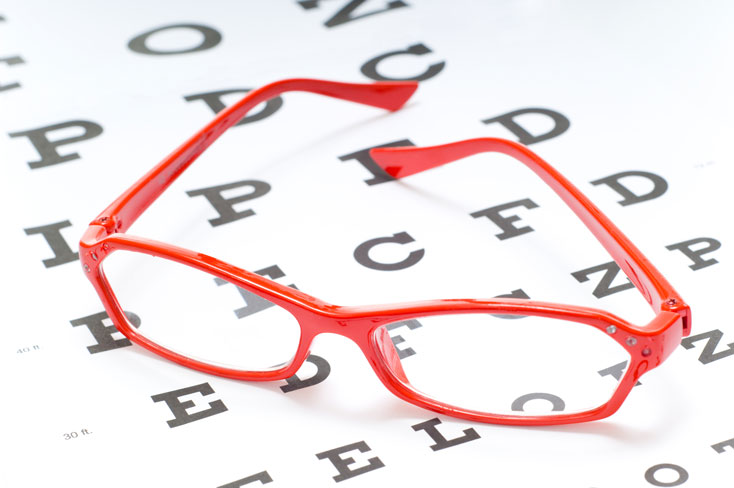Your eye health is our top priority at Northwest Eye Surgeons and since February is a month to celebrate love, why not show some love to your eyes? Keep reading for some tips and tricks to keep your eyes happy and healthy.
Eat Right. According to the American Optometric Association and the American Academy of Ophthalmology, adding certain nutrients to your daily diet can be good for your vision. Foods rich in lutein, omega-3 fatty acids DHA and EPA, zinc, and vitamins C and E are great for your eye health. These nutrients have been linked to reducing the risk of certain eye diseases and can lower the risk of age-related eye issues.
Foods that are best for eye health:
- Fish
- Nuts and legumes
- Seeds
- Citrus fruits
- Leafy green vegetables
- Carrots
- Sweet potatoes
Exercise. We all know that exercise has many health benefits, but did you know that it’s also good for your eyes? Many studies over the years have indicated that regular exercise can reduce the risk for common eye diseases such as cataracts, wet age-related macular degeneration, and glaucoma. Additionally, exercise helps avoid health issues that aren’t primarily related to eye health but can damage your eyes such as type 2 diabetes or high blood pressure.
Use Basic Eye Protection at Work. According to Prevent Blindness, more than 2,000 people injure their eyes at work each day. The right eye protection could lessen the severity or event prevent 90% of eye injury accidents in the workplace. We encourage you to know the eye safety dangers at your place of work and use the proper protection.
Get an Annual Eye Exam. We cannot stress the importance of an annual eye exam enough! Not only should you get an eye exam to evaluate how well you can see, but it is important to check your overall eye health. Some diseases, such as Glaucoma, can show no symptoms or early warning signs. By the time people notice a difference in their vision, the disease may be in a much more advanced stage. Contact our office at (614) 451-7750 or fill out our appointment request form to schedule your eye exam today.
What to do if You Sustain an Eye Injury. When an eye injury occurs, you should seek medical help from an ophthalmologist or another doctor as soon as possible, even if the injury seems minor. Additionally, there are simple steps you can take to prevent further damage:
- Don’t touch or rub the injured eye
- Don’t apply ointment or medication
- Place a shield or gauze over the eye until you visit a doctor
- If there appears to be an object embedded in the eye, don’t try to remove it
- Use water to flush out the eye





